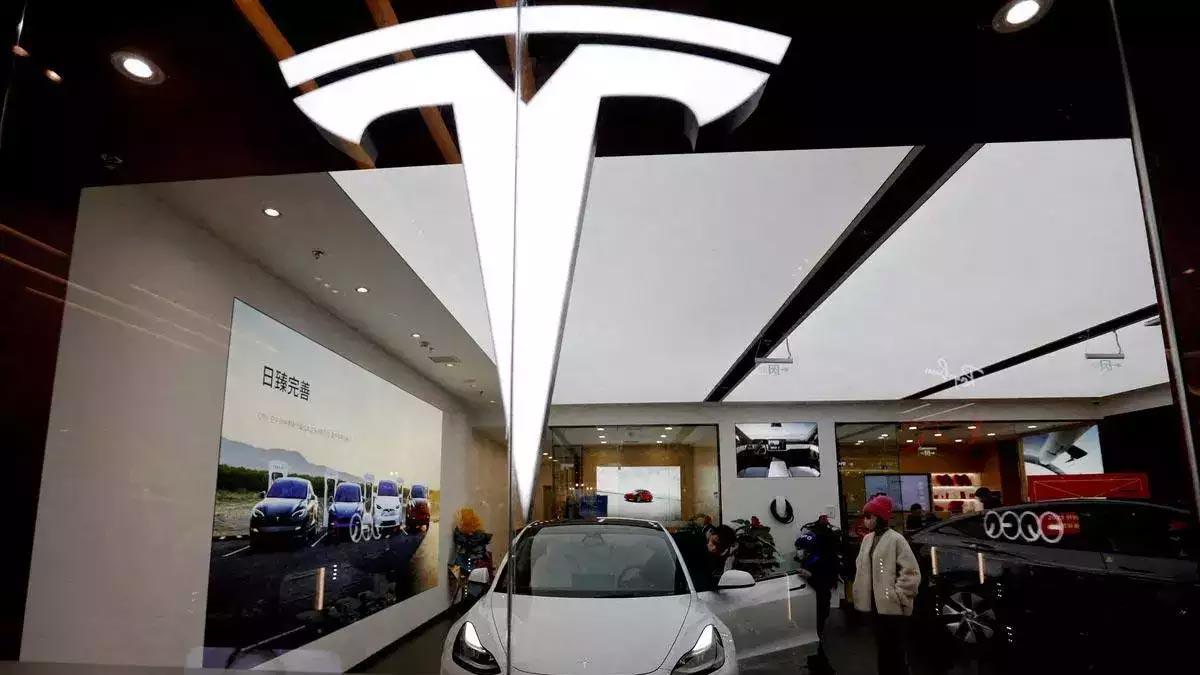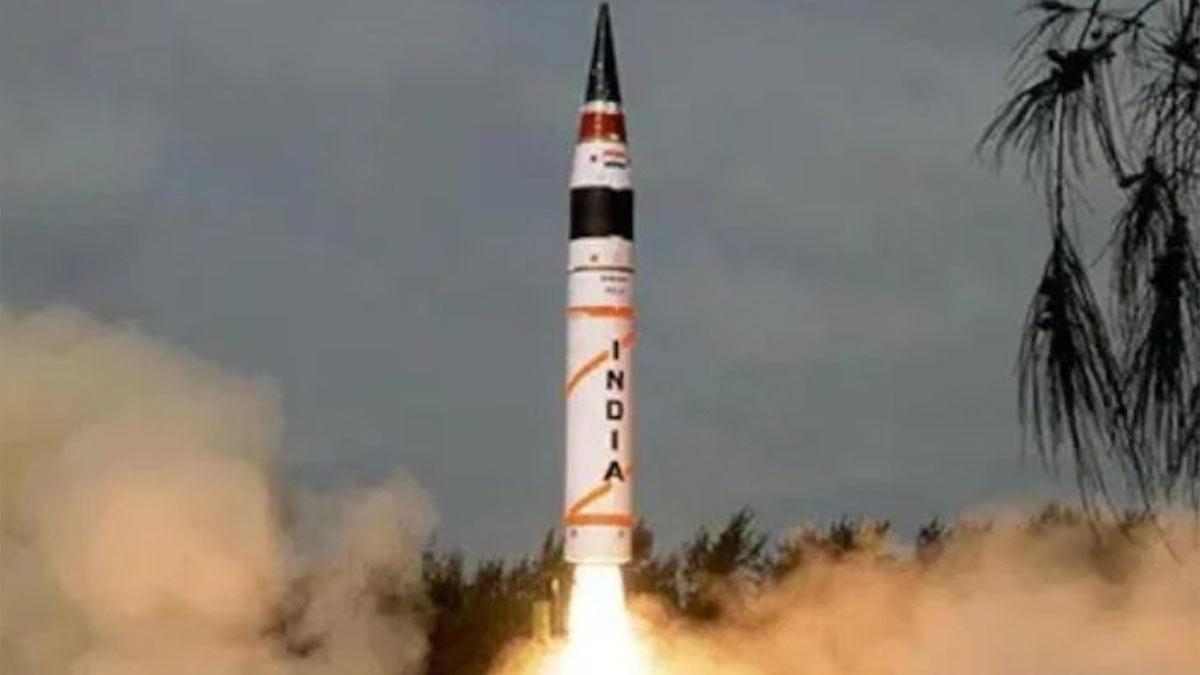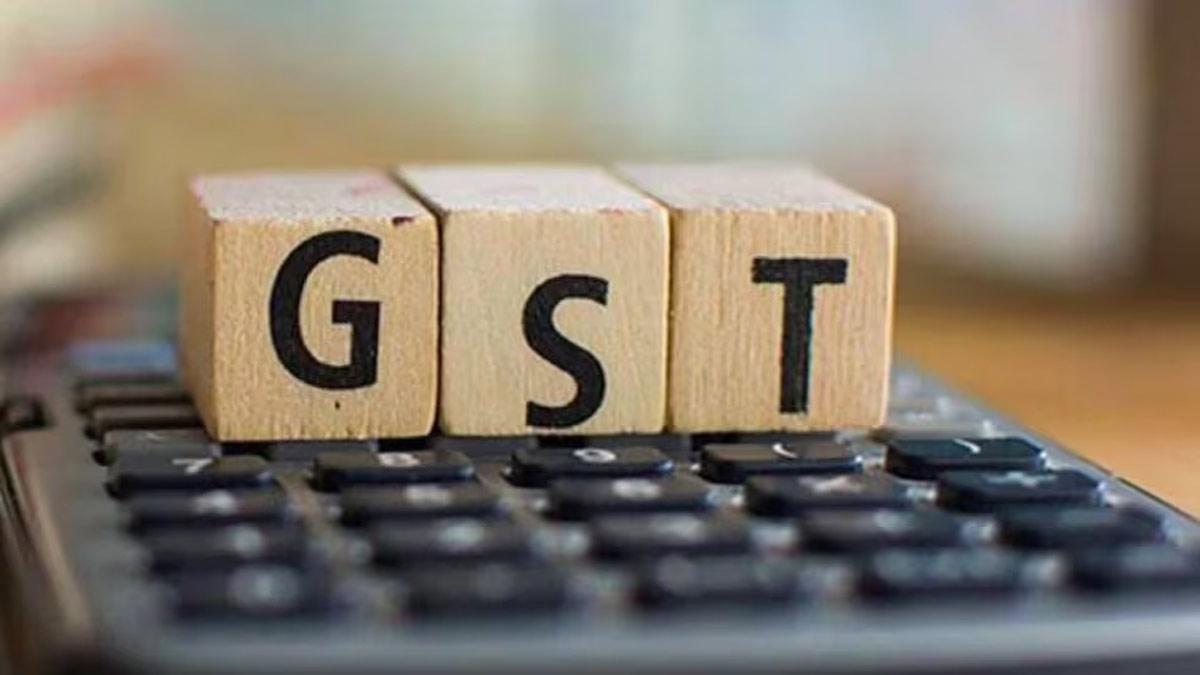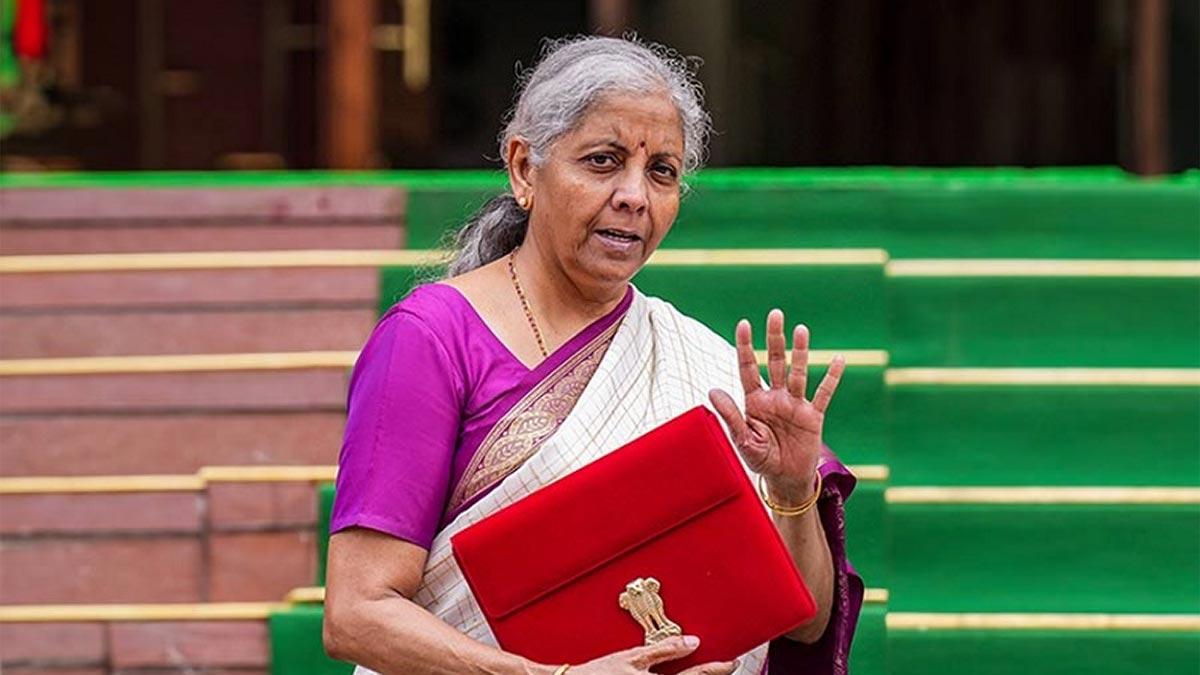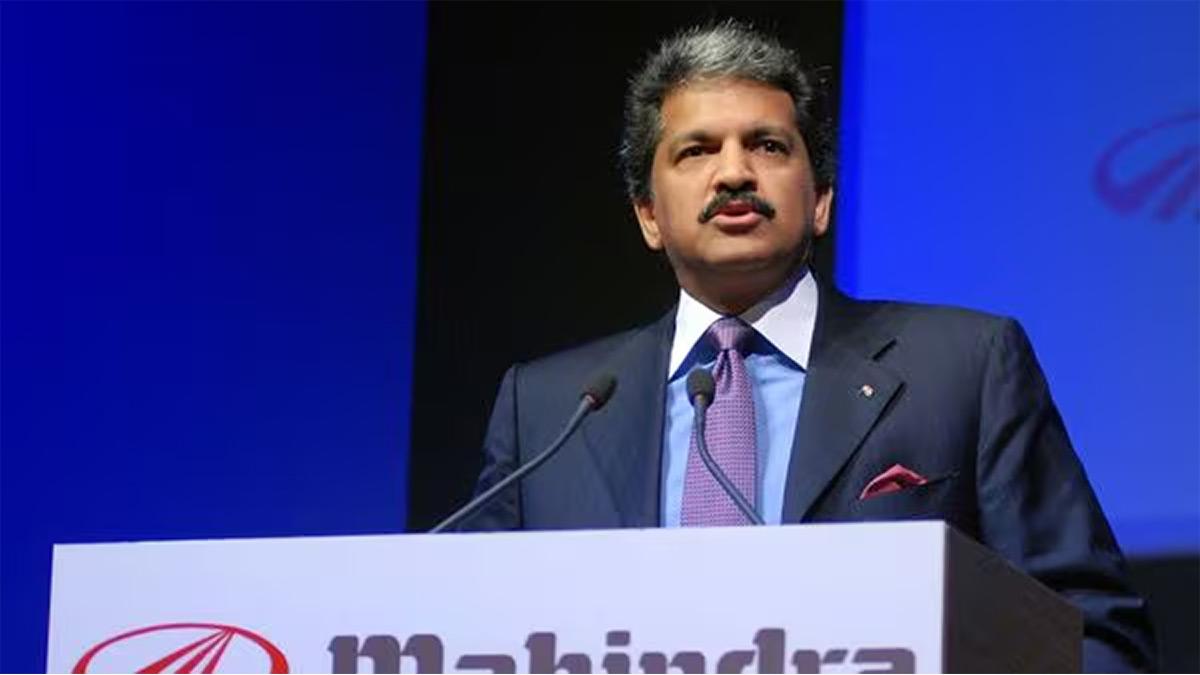Union Heavy Industries Minister H D Kumaraswamy said on Monday that Tesla has no plans to make electric cars in India as of now, but it does plan to set up two retail stores in the country.
While Tesla remains on the sidelines regarding local production, other major global electric vehicle players—including Mercedes-Benz, Volkswagen-Škoda, Hyundai, and Kia—have expressed serious interest in participating in India’s flagship EV manufacturing initiative, announced by the ministry in March 2024.
Mercedes-Benz, Volkswagen-Škoda, Hyundai and Kia — all of them have already evinced interest. Tesla, we are not actually looking at them. They (Tesla) will be opening two showrooms, they don't want to manufacture in India," Kumaraswamy said in a press interaction.
The remarks by the minister come in the wake of ongoing tensions over Tesla's India plans. In February last, former U.S. President Donald Trump had criticized the EV giant's possible entry into India as "unfair" for the United States. "Now, if (Tesla CEO Elon Musk) put the factory in India, that's fine, but that's not fair to us. It's very unfair," Trump had said. He had also expressed similar concerns over Apple's expansion into India.
On Monday, the Ministry of Heavy Industries also released the elaborate guidelines for the EV manufacturing scheme. A formal call for online application will be issued in due course. The program requires approved applicants to invest at least ₹4,150 crore in domestic EV manufacture and achieve prescribed domestic value addition (DVA) targets. As a return, the participants will be allowed to import a maximum of 8,000 fully built electric four-wheelers in a year, valued at a minimum of $35,000, at a lowered customs duty of 15% for five years.
Only companies with worldwide revenues of more than ₹10,000 crore and fixed assets valued at a minimum of ₹3,000 crore will be eligible for the scheme.
The scheme is carefully designed to make India a world hub for the manufacture of electric vehicles… By stipulating domestic value addition requirements, the scheme will also further accelerate the 'Make in India' and 'Aatmanirbhar Bharat' initiatives, while enabling both international and Indian companies to take on the role of active participants in India's green mobility revolution," said Kumaraswamy.
Early on, most thought the government was adapting the plan specifically to win over Tesla, especially after the firm expressed dismay at India's high import tariffs, which can reach up to 110%.
Following the launch of the scheme in March, rumors intensified that Elon Musk would come to India and invest more than $2 billion to establish a domestic manufacturing facility. Yet, the visit was delayed, with Musk adding "very heavy Tesla obligations" as the justification. Interestingly, only days after rescheduling his India visit, Musk went to China, Tesla's second-largest market.
In spite of the doubts, Tesla did make some tentative steps towards establishing its presence in India. In February, just after Prime Minister Narendra Modi had met Musk in Washington, the firm advertised 13 jobs in India, ranging from store manager to service advisor and customer engagement manager.
Tesla's conservative strategy comes as competition in the international EV market heats up, especially from Chinese firm BYD, amidst weakening global EV sales.
Simultaneously, policy think tank Global Trade Research Initiative (GTRI) warned that the actual implementation of India-produced EVs under the new scheme may take significant time. "While announcement about the scheme guidelines is a good step, application has not yet opened and is expected to do so soon.". Realistically, it can take another half a year or longer before chosen companies are announced, and the first domestically produced EVs under this initiative are still some way off; in the meantime, approved companies can continue to import completely assembled vehicles at the lower 15% duty," GTRI stated in a press release.
Read also| Top US Trade Envoy Urges India to 'Trust Trump' on Economic Ties

